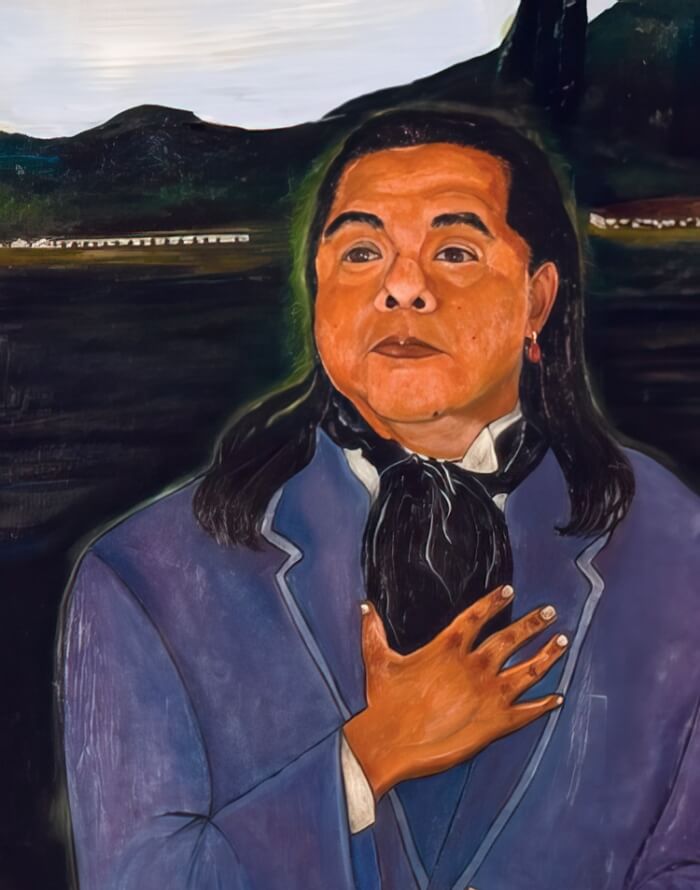
Pablo Tac
1822–1841
Pablo Tac was born in the early 1820s at Mission San Luis Rey. His parents were both Luiseno and his grandparents contributed to the construction of the mission. Tac is one of the few California Indians to write about their experiences in the missions. The priest in the mission was fond of Tac, who helped him in his daily routines, and took him and another Luiseno boy with him to Rome to study at the Vatican. Tac lived in a politically complicated time because he was living during the fall of the Spanish empire and the secularization of the missions. Knowing that the missions were doomed to fail or be secularized after the Mexican government took control of the missions, the priest at San Luis Rey fled to Spain with Tac and the other Luiseno boy. On their way to Spain, they stopped in Mexico City. Tac may have been influenced by the debates going on in Mexico about the rights and equality of indigenous people in his writings at the Vatican. After living in Mexico City for two years, the trio sailed to Barcelona and then Rome. At the Vatican, Tac studied linguistics and created a Luiseno dictionary based on the language forms he learned by studying Latin and Spanish. Tac also wrote about his experiences in the mission and argued for the equality of indigenous people. Since he wrote with the instruction of other priests and had his work edited and republished, the accuracy of Tac’s writing remains questionable. However, Tac recorded many of the customs he learned with living in the missions and the stories that his parents and grandparents shared with him. Tac’s parents experienced the harsh conditions of the mission and watched each of their children succumb to deadly diseases brought by the Spaniards. Tac is one of the few native scholars to be trained at the Vatican; his class consisted of three other natives, including two from the Midwest and one from Carolina. He died shortly after he finished his written works in 1841.
